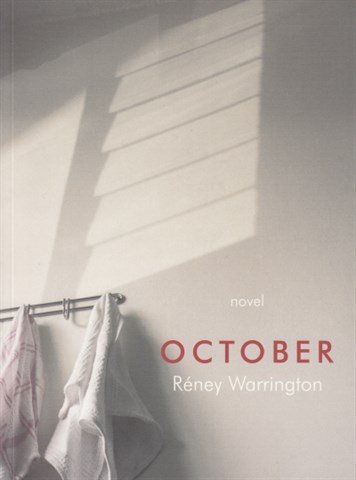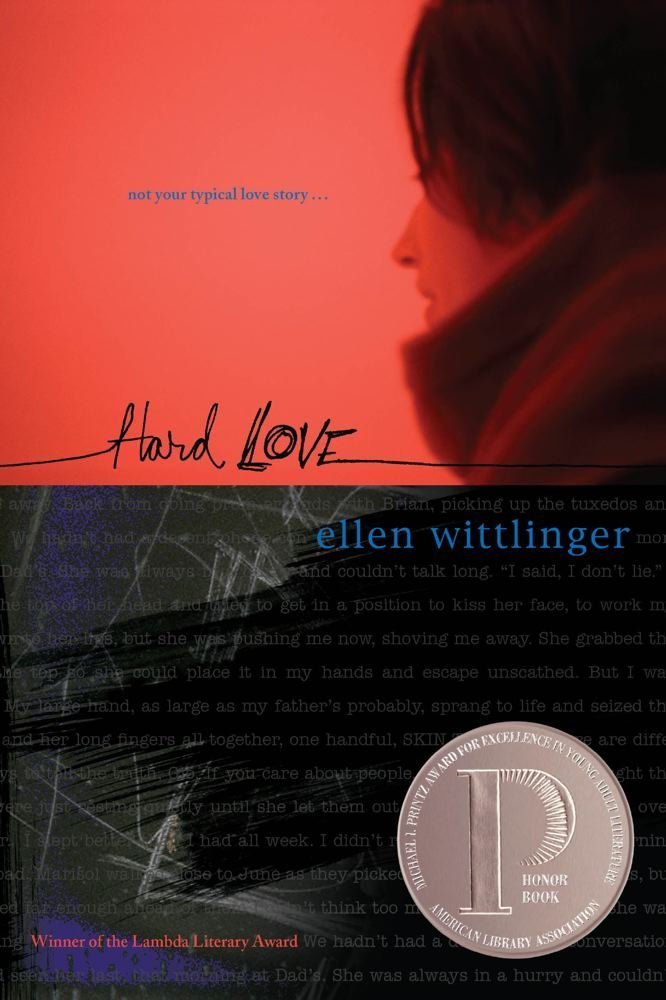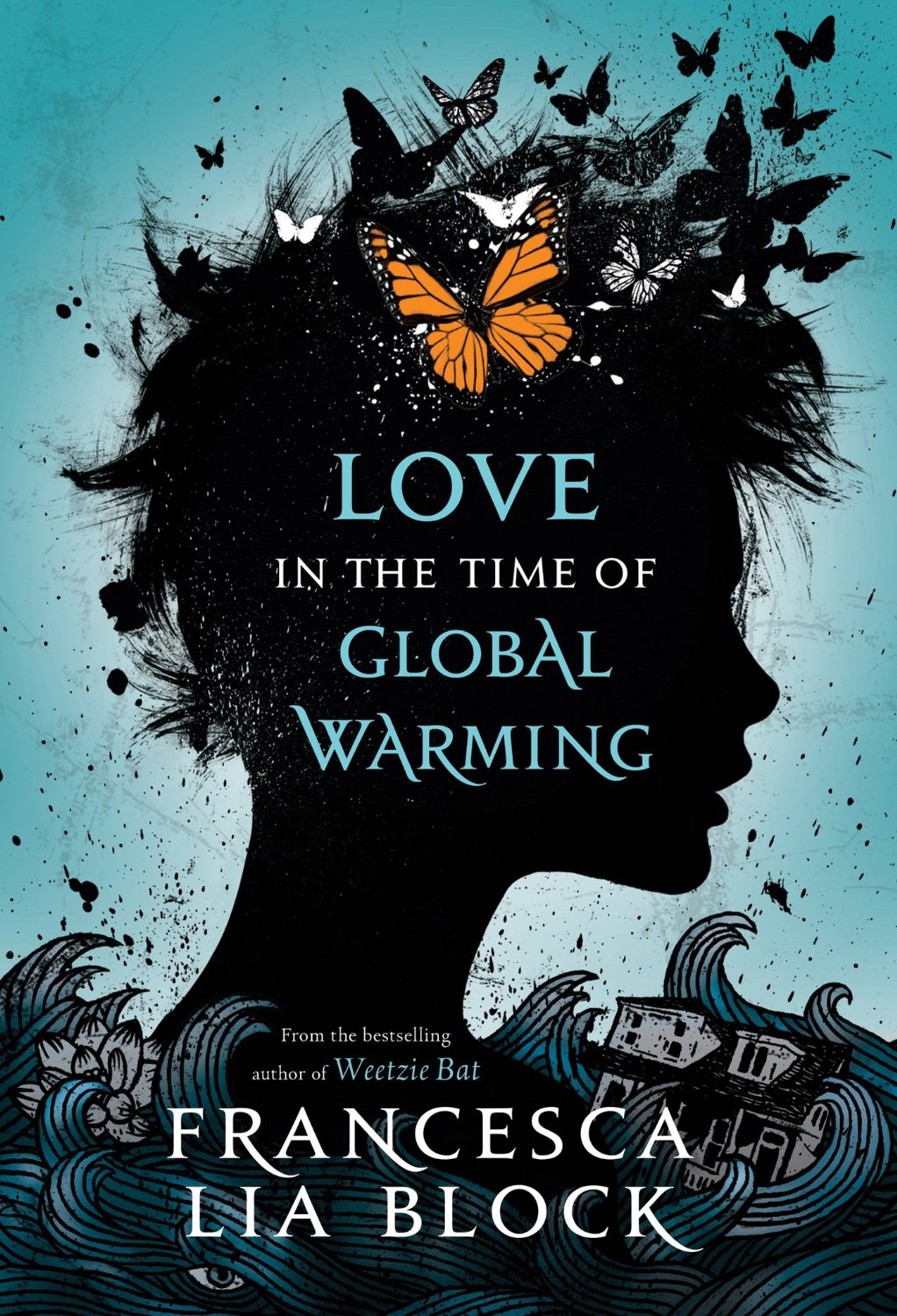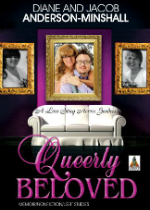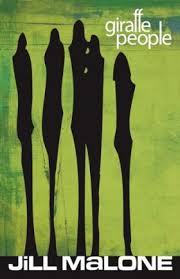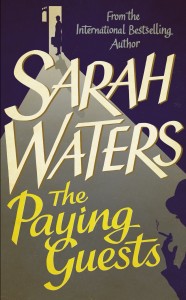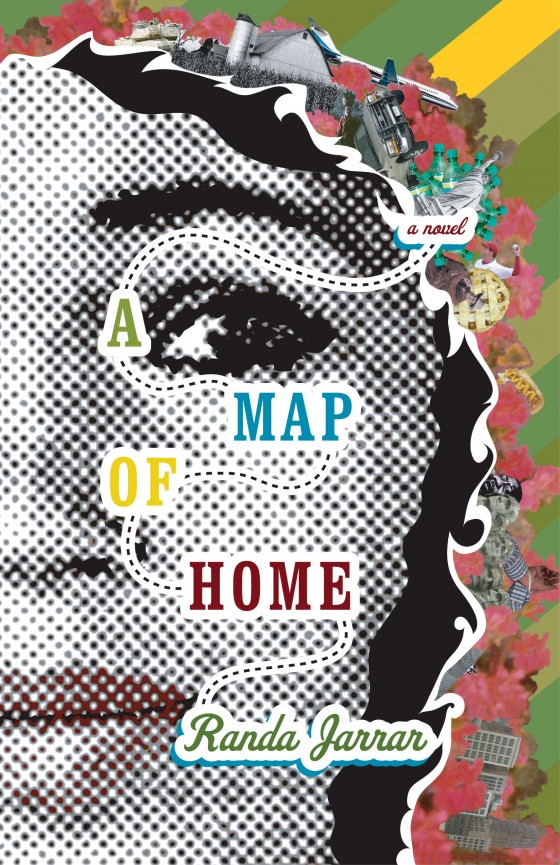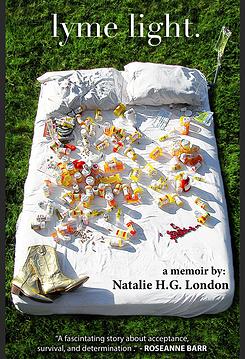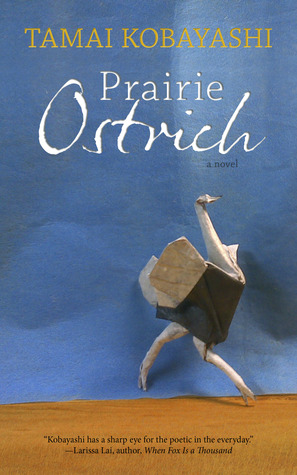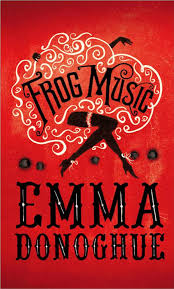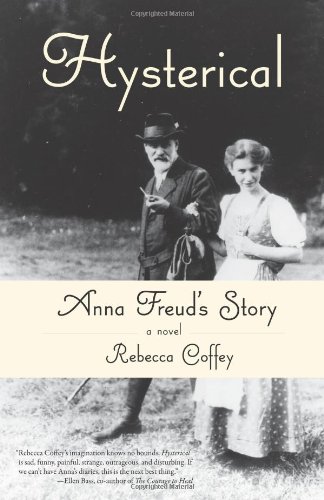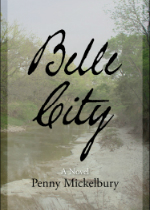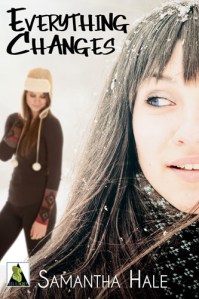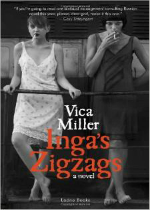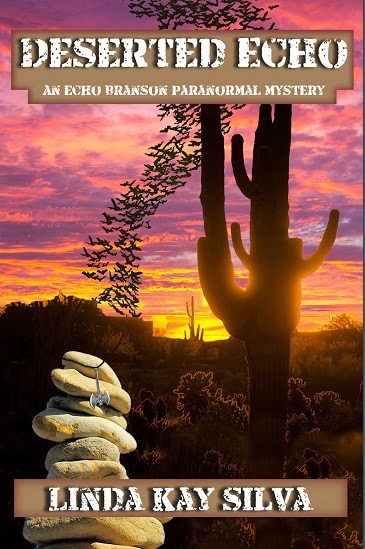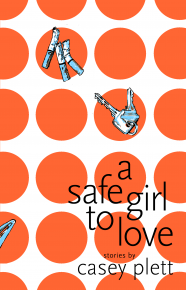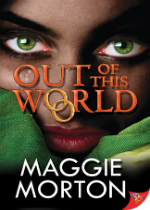Ginger’s goal as a college freshman is to maintain her 4.0 GPA without being driven batty by her roommate Amy’s obsession with Greek life. But when she agrees to look at them to get Amy off her back, she can’t take her mind off the gorgeous girls of Alpha Beta Omega. Somehow, she finds herself invited to their secret initiation ritual, and that’s when things get weird. Everyone expects odd mystic rituals from a fraternity or sorority, but ABO is hiding blood-bonds and vampire queens. What’s Ginger to do when her secret crush turns out to be the top vamp?
I really wanted to love this book going in: with sororities, secret vampires, lesbian erotica, how could it go wrong? But while it had some great moments, I think the book suffers from a major lack of conflict past about the first third. Ginger drives herself mad over Camila, insisting to herself that there’s no way vamp-queen Camila could have feelings for her. Normally, I wouldn’t blink at that – mysterious motives of a love interest are a tried-and-true story element. The problem is, as the reader, it was pretty damn clear after about the second round of sex that Camila is deeply, unreservedly into Ginger, so Ginger’s cluelessness didn’t reflect terribly well on her. However, minus the emotional whirlwind, Ginger is relatable and funny, and gets in some good mental quips.
Between the current sorority sisters, the vampire-queens, and the new pledges, the book establishes a fairly diverse cast of ladies. But because we meet them through Ginger’s first-person perspective, there’s a lot of objectifying language used to describe their introduction. I was a little uncomfortable with the focus on their exotic beauty, and I don’t feel like we ever get great character development for the other sister-queens (as the book calls them). But thankfully, after the first introductions, the other sorority sisters are fleshed out enough that their backgrounds aren’t their only signifier.
Overall, if I was giving a grade, I’d give Better Off Red a C+. It’s light on plot and I wish that the vampire mythology had been fleshed out further, but the erotica was well-written, and I don’t regret reading it. Pick this up if the concept grabs you and you don’t mind a focus on sex.


